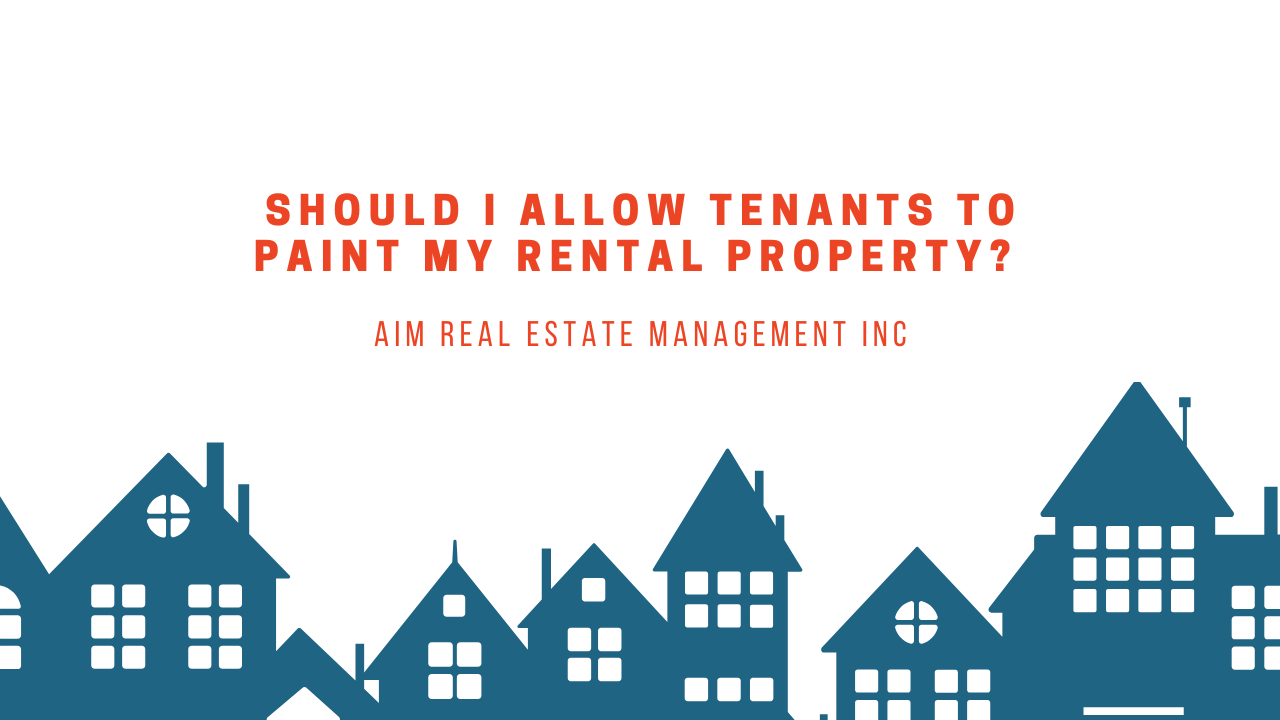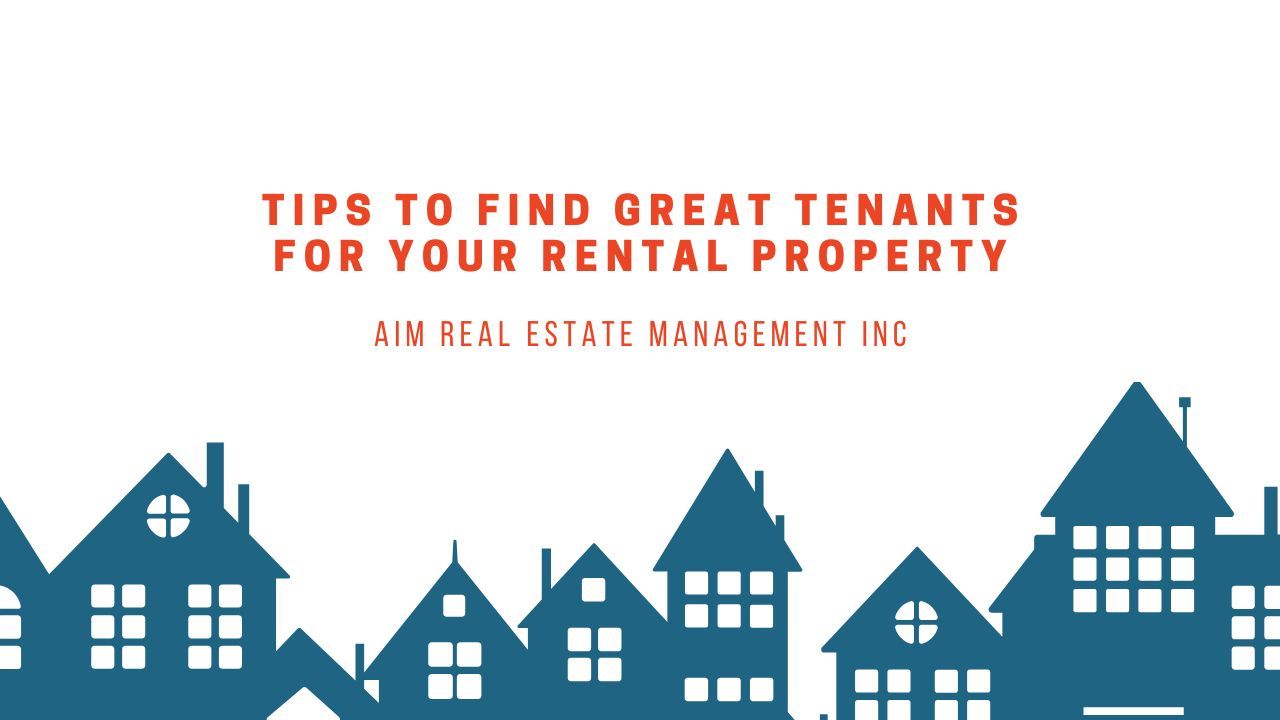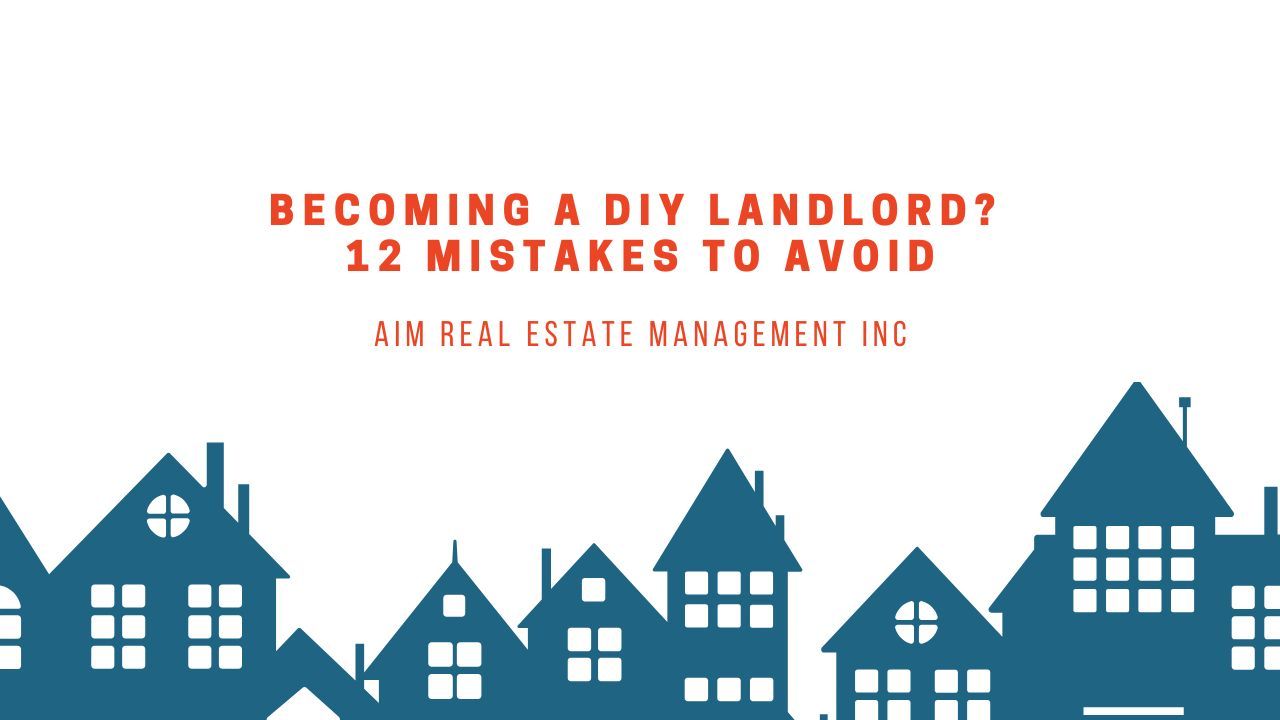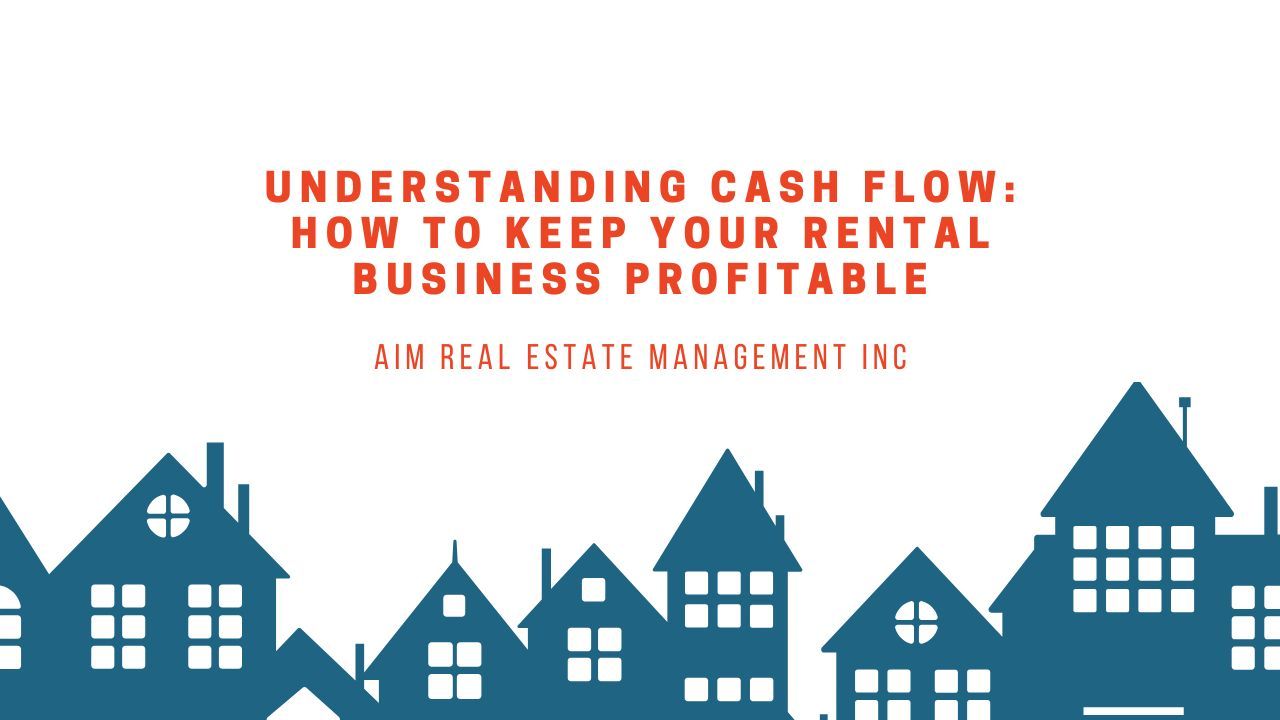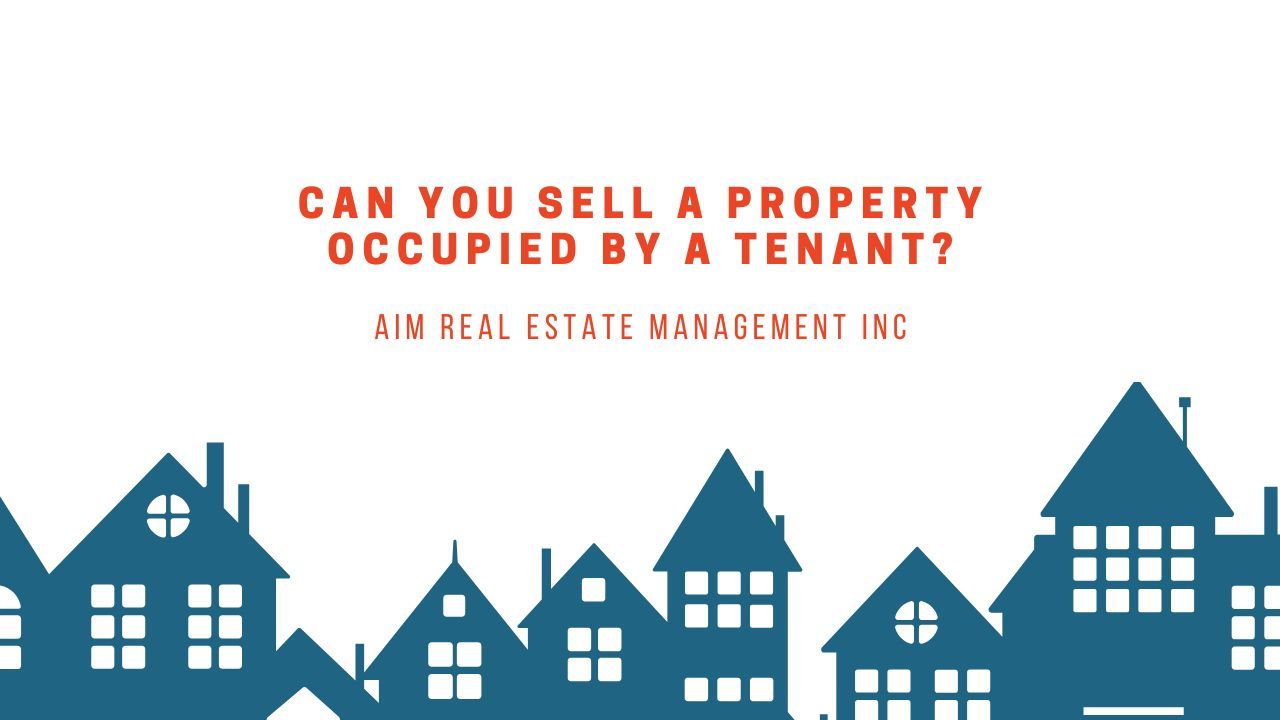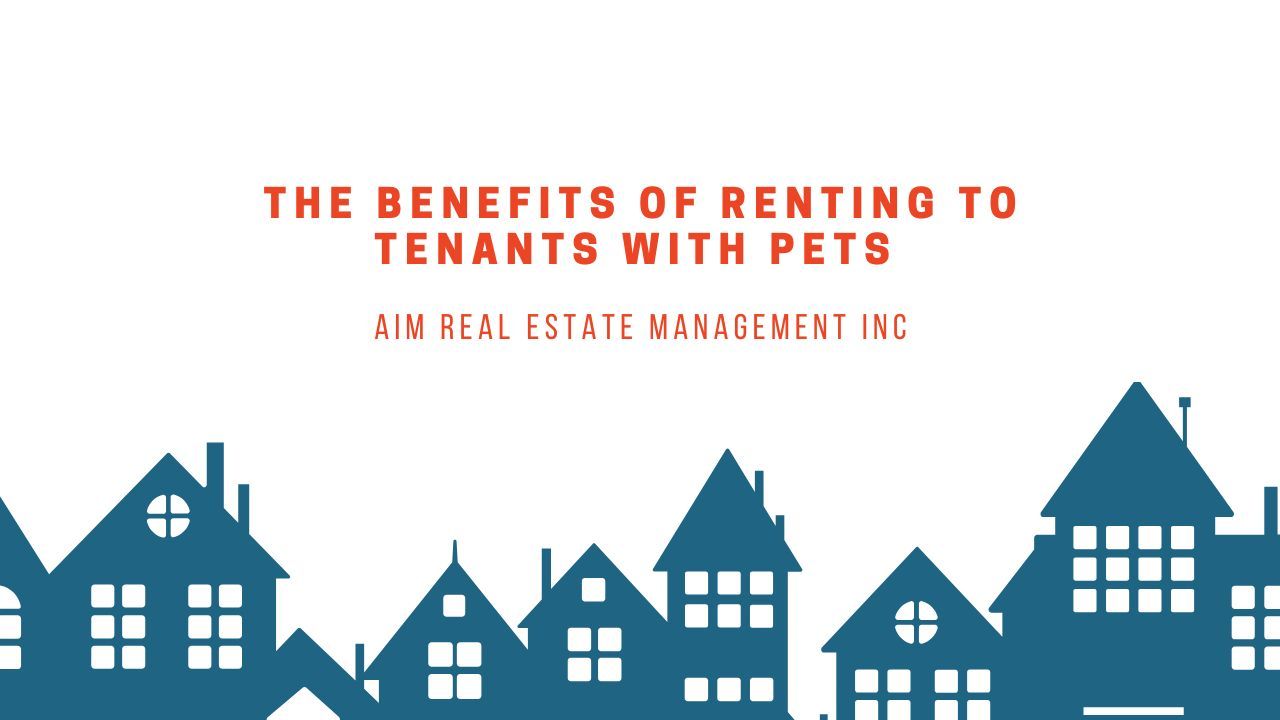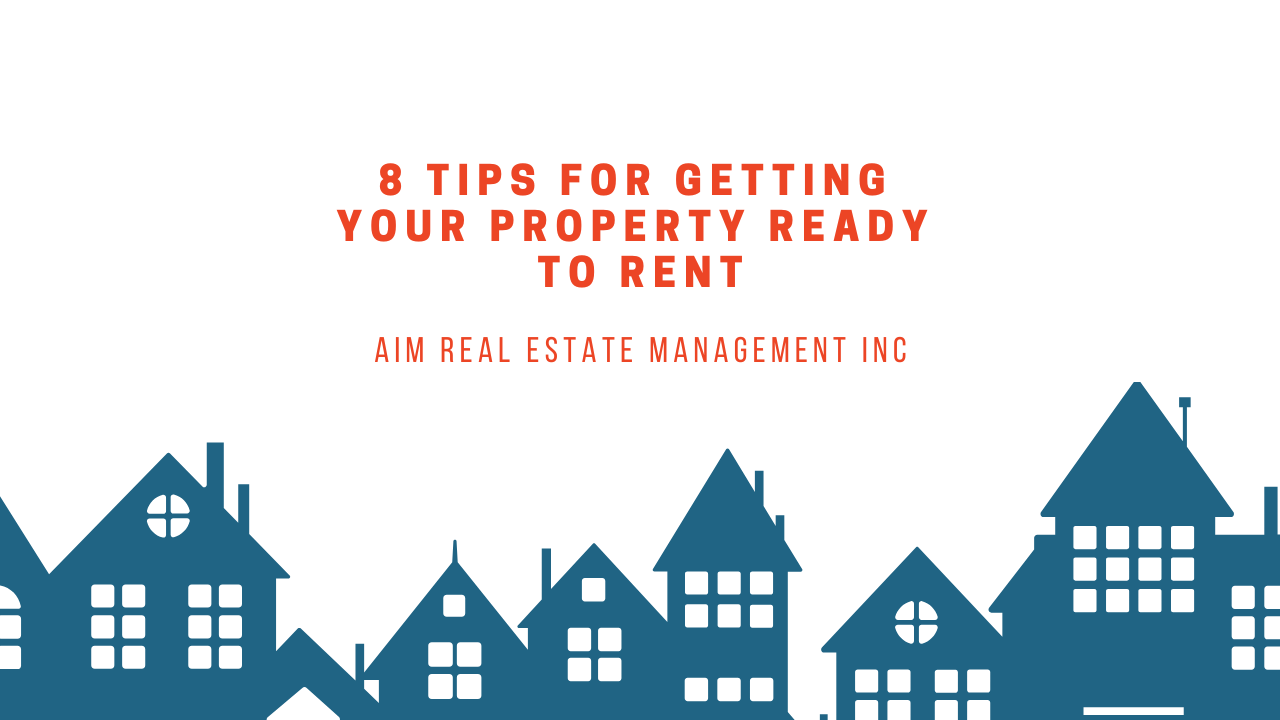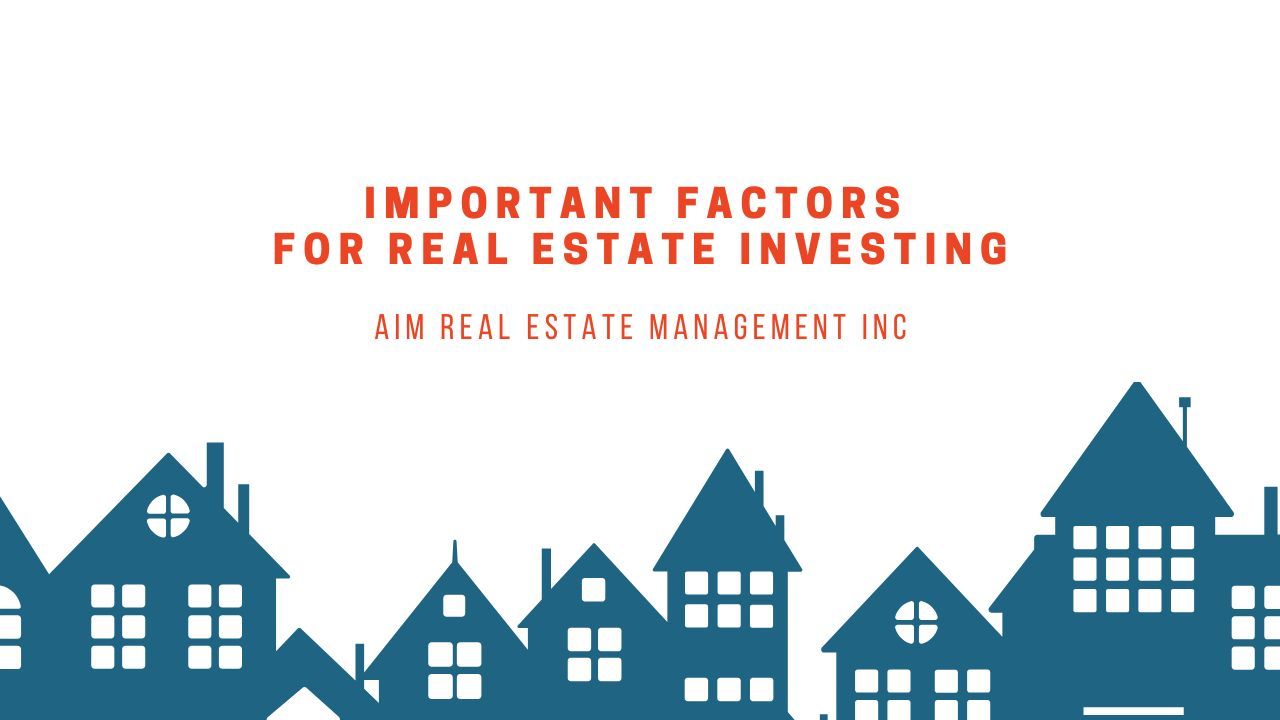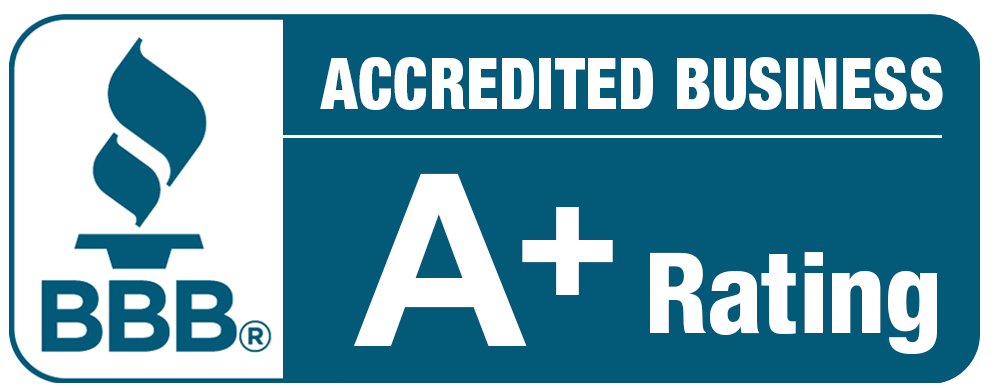What Landlords Need to Know About Depreciation and Property Value
Managing rental properties involves more than just collecting rent and maintaining the property. It also requires a good understanding of financial concepts that can impact your bottom line, such as depreciation.
Depreciation allows property owners to recover the cost of a rental property over time through tax deductions, potentially saving significant amounts of money. This often-overlooked aspect of property management can make a substantial difference in your annual financial planning.
For landlords, knowing how depreciation works is critical for optimizing tax benefits and maintaining accurate records. It not only helps in reducing taxable income but also ensures compliance with tax laws.
This guide from AIM Real Estate Management breaks down the essentials of rental property depreciation, its calculation, and its impact on property value, helping you make more informed decisions about your investments and long-term financial strategy.
Understanding Rental Property Depreciation
Definition of Depreciation
Depreciation is a tax benefit that enables property owners to recoup the expense of an asset gradually throughout its useful lifespan. For rental properties, this means you can deduct a portion of the property’s value from your taxable income each year.
Depreciation applies to the structure itself and certain improvements but not to the land. By systematically accounting for the wear and tear on a property, depreciation provides an ongoing opportunity to offset income and reduce tax liability.
Eligibility Criteria
To claim depreciation, your property must meet the following criteria:
- You own the property.
- The property is used to generate income.
- The property has a determinable useful life and will last more than one year.
- The property is not placed in service or disposed of in the same year.

It’s also important to note that short-term rental properties may have specific rules based on how they are used and the duration of their rental periods. Understanding these nuances can help you ensure eligibility.
Depreciation Timeline
Residential rental properties are typically depreciated over 27.5 years, while commercial properties are depreciated over 39 years. This timeline, established under the Modified Accelerated Cost Recovery System (MACRS), spreads the cost of the property across its useful life.
In practical terms, this means you can deduct a portion of the property’s value each year, providing consistent tax benefits over decades.
Calculating Depreciation
1. Determining the Basis of the Property
The basis of your property is its original purchase price plus acquisition costs, such as legal fees or title insurance, and any improvements made. This total forms the amount you can depreciate over time. Including all allowable costs is essential, as underestimating the basis can reduce your deductions and impact your overall tax savings.
2. Land vs. Building Value
Since land is not depreciable, you must separate the land value from the building value. This is often done using the property’s tax assessment or an appraisal. For example, if you purchase a property for $300,000 and the land is valued at $50,000, only $250,000 can be depreciated. Failing to make this distinction can lead to errors in your tax filings and missed opportunities for deductions.
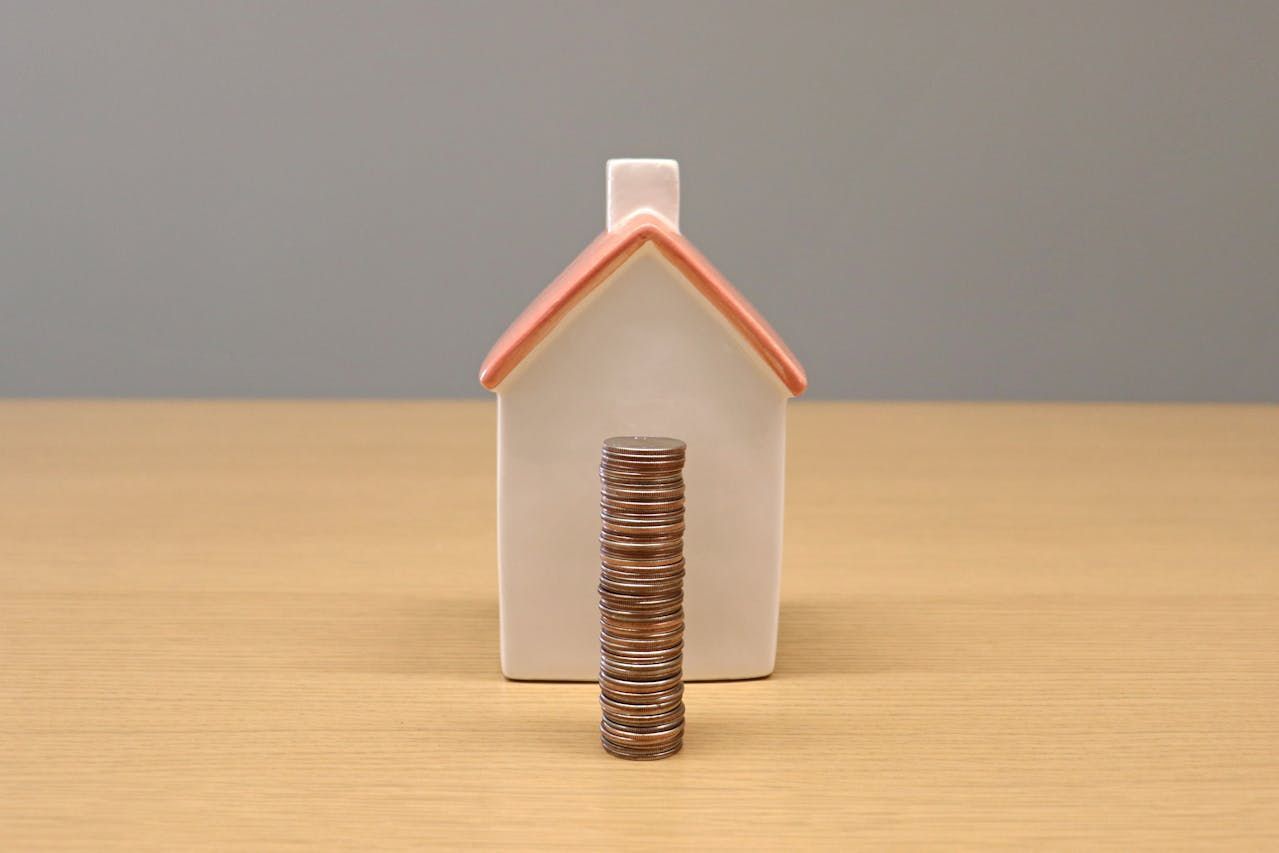
3. Depreciation Methods
The most commonly used method for rental properties is the General Depreciation System (GDS) under MACRS. This method provides equal annual deductions over the property’s useful life.
There’s also the Alternative Depreciation System (ADS), which uses a longer recovery period and is required for certain types of property or tax situations. ADS is often applied to properties used for specific purposes, such as farming or when the property is used less than 50% for business purposes.
Impact of Depreciation on Property Value
1. Tax Implications
Depreciation reduces your taxable rental income, which can lead to significant tax savings. When you sell the property, the IRS may recapture the depreciation taken, taxing it as ordinary income. This is known as depreciation recapture. The amount recaptured can be significant, so it’s essential to plan for this tax liability when considering the sale of a property.
2. Financial Planning
Understanding depreciation helps with cash flow management. By reducing taxable income, you retain more of your rental revenue for expenses, investments, or savings. Proper planning ensures you’re prepared for any tax liabilities when selling the property. Additionally, accurate records of depreciation can streamline financial planning and avoid surprises during audits.
3. Property Valuation
It’s important to note that depreciation is a tax concept and does not directly affect the market value of your property. Market value is determined by factors such as location, condition, and demand, while depreciation is solely for calculating tax deductions. Depreciation can indirectly influence your financial decisions, such as how much you allocate for
property maintenance or improvements.
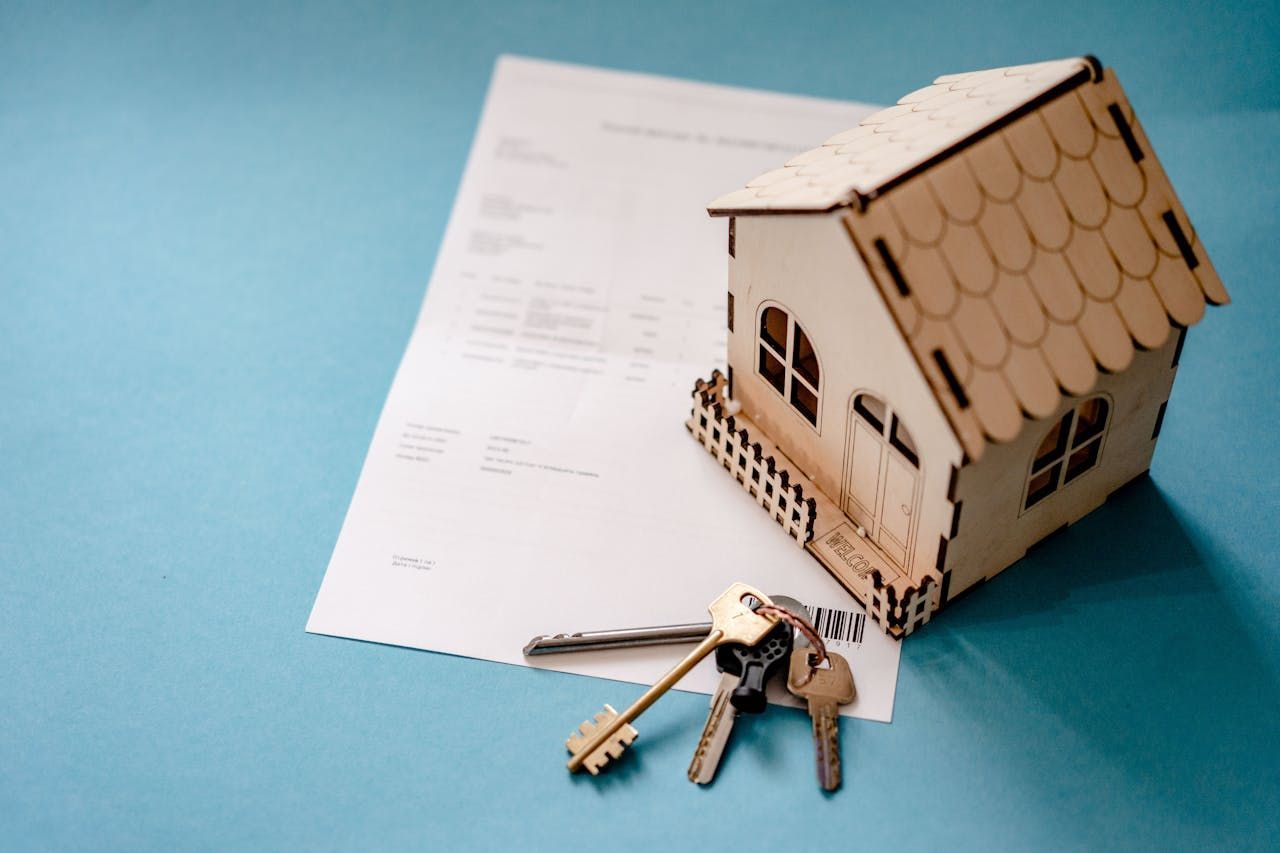
Common Mistakes and How to Avoid Them
1. Incorrect Basis Calculation
Failing to include all allowable costs in your property’s basis can result in underestimating depreciation deductions. Keep detailed records of purchase costs, legal fees, and improvements to ensure accuracy. It’s also wise to review your calculations periodically to ensure nothing is overlooked.
2. Misclassification of Property Components
Some property components, like appliances or landscaping, have shorter depreciation timelines. Misclassifying these items can lead to missed opportunities for additional deductions. Work with a tax professional to properly allocate costs. For example, while the building structure may depreciate over 27.5 years, appliances might be depreciated over five years, allowing for quicker tax benefits.
3. Failing to Adjust for Improvements
Capital improvements, such as adding a new roof or renovating a kitchen, should be added to the property’s basis and depreciated separately. Neglecting to account for these changes can reduce your tax benefits. Regular updates to your records and consulting with professionals can help you stay on top of these adjustments.
Bottom Line
Depreciation is a powerful tool for rental property owners to lower taxable income and improve cash flow. By understanding how to calculate depreciation, separating land and building values, and avoiding common mistakes, landlords can maximize their financial benefits while staying compliant with tax laws.
AIM Real Estate Management specializes in helping landlords navigate these complexities. From accurate record-keeping to optimizing tax benefits, our team provides the expertise and support you need to succeed in property management. Contact AIM Real Estate Management today to learn how we can simplify your responsibilities and help you achieve your financial goals.

